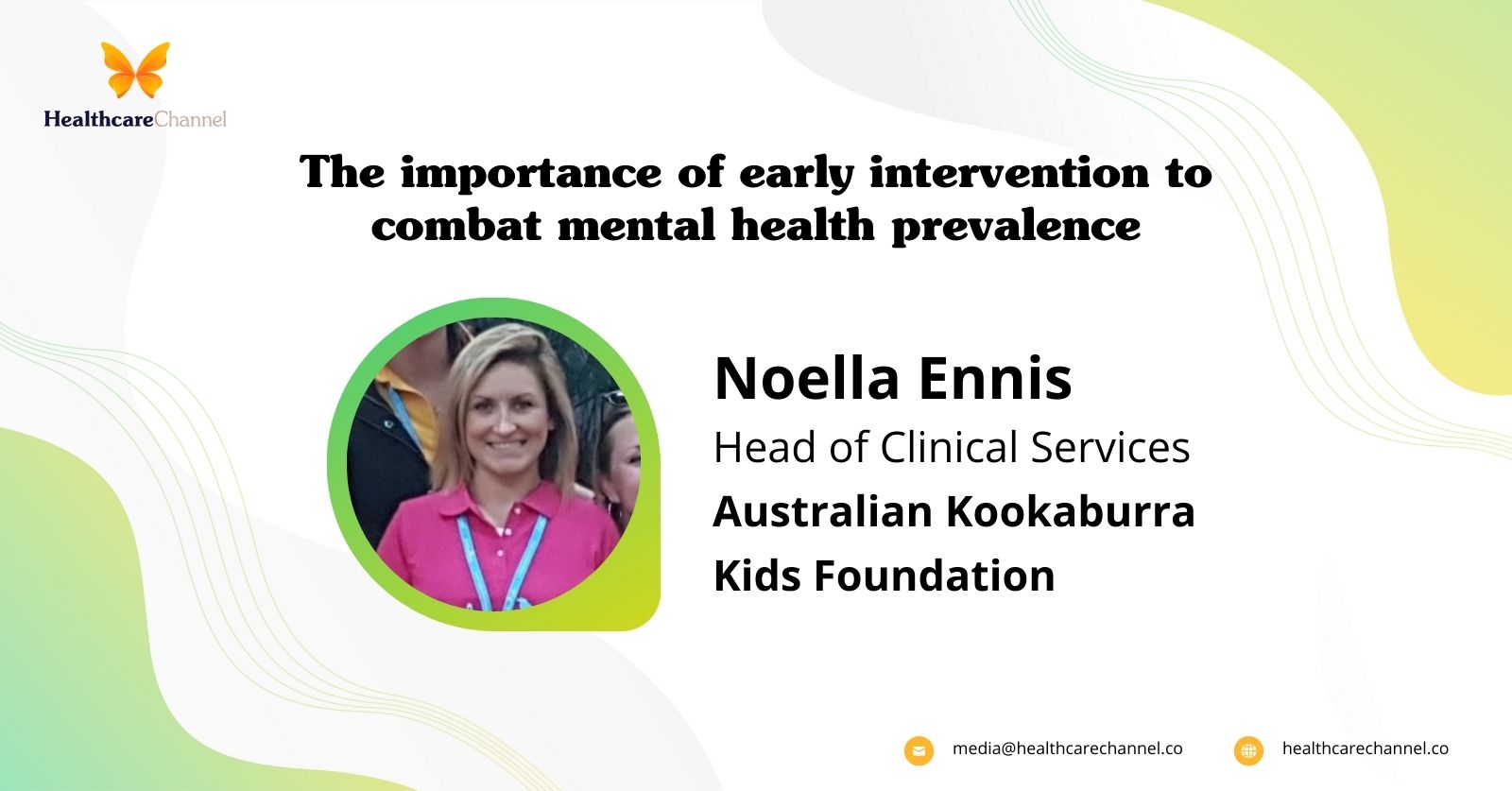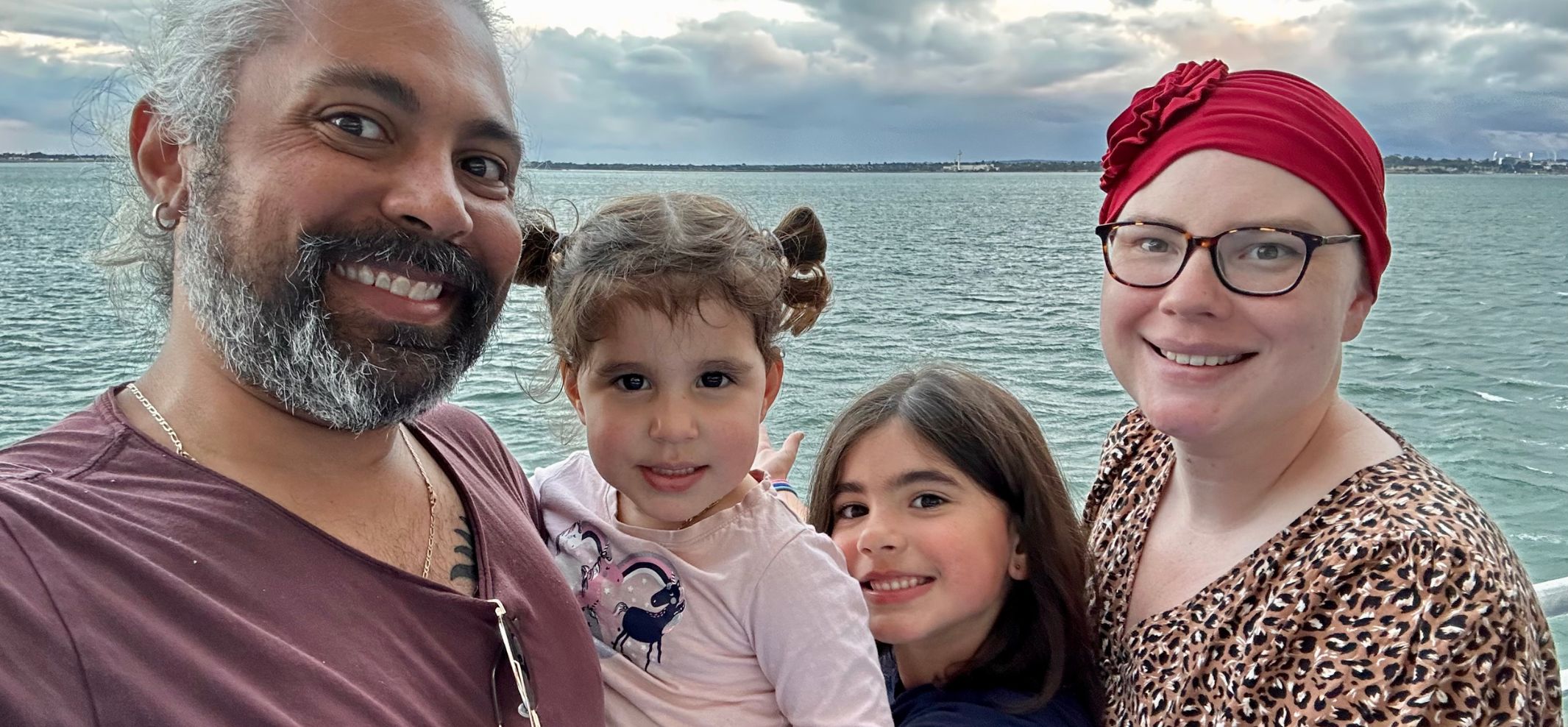“The impetus for my career in nursing was assisting my family in caring for my godmother, who had Alzheimer’s disease,” Mason said. “She was 91 years old when she died in her home while receiving hospice care. The experience changed my life in that I was no longer afraid of the dying process, but realized I could help others have a peaceful death with their loved ones by their side.”

Regina Mason, knew she wanted to work with the elderly after caring for her grandmother who has Alzheimers.
Working with the elderly
The experience, she said, carried her through the school of nursing and through her 30-year nursing career, and to realize the clinical expertise needed to become a gerontological NP. Mason knew it “was an ideal fit” when she had the chance to hitch the nursing team at Mercy LIFE – West Philadelphia. Administered by Mercy Health, in affiliation with the University of Pennsylvania School of Nursing, the LIFE Program, an acronym standing for “Living Independently For Elders,” provides comprehensive medical, health, recreational and social services designed specifically for every person in an attempt to market independence reception, per the LIFE Program’s website. Mason said she is a contracted advanced practice nurse, recruited through healthcare staffing service Supplemental Health Care, to provide primary care to older patients at various stages of life.
How can other nurses know this career is for them? How can nurses now working within the field not only continue, but thrive? Mason offered some tips.
Tip #1: DIG DEEP
To find the right destination on their career journeys, nurses need to develop an innate understanding of what prompted them to get into nursing in the first place and what keeps them coming back.
“I believe that in order to find the right career path, one must search deep within to find what motivates them and most importantly what one is passionate about,” Mason said. “For me, I was motivated by my childhood experience. In my youth, I was always surrounded by older adults and valued the wealth of knowledge and wisdom they had to share.
“Whatever motivates and drives you will keep you on course to fulfilling your goals.”
Beyond motivation to succeed in gerontological care, nurses should also possess an acute level of “patience, compassion, and good active listening skills.” These traits, she said, will not only come in handy but are “critical for successfully caring for older adults.”
Tip #2: GET A JUMP ON THE INEVITABLE
 The primary challenges facing those who care for older adults will typically arise from end-of-life issues.
The primary challenges facing those who care for older adults will typically arise from end-of-life issues.
“Being proactive and having discussions regarding end-of-life care is difficult for older adults, their families, and healthcare providers alike,” Mason said. “I’ve dealt with the challenge of end-of-life issues with older adults with Alzheimer’s or dementia by having discussions prior to a crisis,” she said.
“When individuals are in the midst of a crisis, it is very difficult to make decisions.”
Tip #3 REMEMBER: YOU MAY NOT KNOW
Caring for older adults can be trying even for the most experienced nurses at times, Mason said. To succeed in elder care, nurses need to realize they don’t have all the answers.
“Nurses cannot carry the load alone,” Mason said. To provide older adults with the care they need and deserve, every role and discipline is required to move together. She noted how important it is that all of the specialties involved in elder care work in unison to achieve a common goal.
“Geriatric care is very complex and demanding,” Mason said.
Tip #4: REAP THE REWARDS
While caring for older adults can be challenging, Mason said the experience also carries great rewards for those willing to dive in.
At the LIFE program, for instance, she said she often will interact with those new to the program and gets to watch them bloom after their first pensive days.
“They are usually apprehensive and withdrawn,” Mason said. “However, it is not long before they’re engaged in activities and thrive again.”
She said working in the LIFE program also helps her know the care she provides assists older adults and their families to maintain a higher quality of life, and often at home, living out their final years in peace and dignity.
This story first appeared on Nurse.com



















 The primary challenges facing those who care for older adults will typically arise from end-of-life issues.
The primary challenges facing those who care for older adults will typically arise from end-of-life issues.


